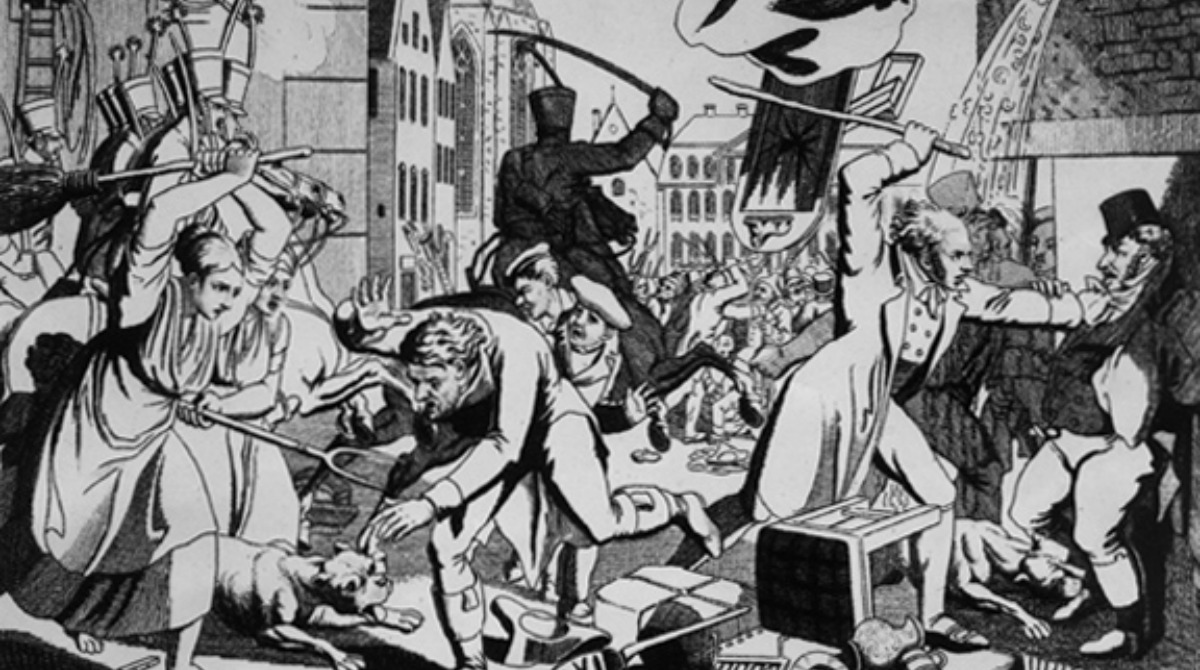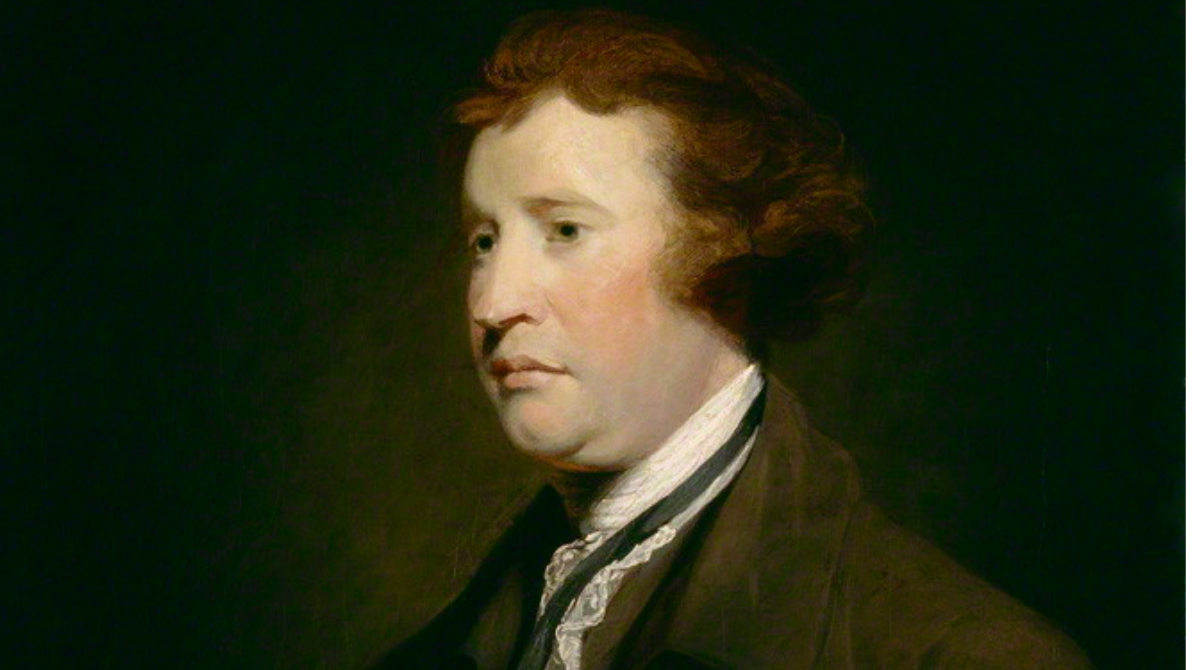Poland unleashes its own inner demons
If Poland wants to demonstrate it really did have nothing to do with the Holocaust, it’s going a mighty strange way about it.
A new law passed by the Polish parliament criminalizing any suggestion that Poland was involved in the Holocaust has produced a crisis in Polish-Jewish relations described as the most serious since the fall of communism in 1989.
Poland is well known for its sensitivity to the false description of Nazi concentration camps on its soil as being “Polish camps.” But the new law goes much further.
It makes it a criminal offense for anyone to accuse Poland of being “responsible or complicit in the Nazi crimes committed by the Third German Reich… or other crimes against peace and humanity or war crimes…”
This is in effect to criminalize telling the truth about Polish history. For there is ample evidence of Polish complicity in the extermination of the Jews.
Poles often shopped Jews to the Nazis; the historian and Holocaust victim Emanuel Ringelblum noted that Polish police “played a most lamentable role in the extermination of the Jews of Poland… [and were] enthusiastic executors of all the German directives regarding the Jews.”
Jan Grabowski has documented how Polish policemen hunted Jews in hiding and murdered them in cold blood. Poles who sheltered Jews or helped them escape were themselves denounced to the Gestapo by other Poles and shot. In 1941, Poles were responsible for burning 340 Jews alive in Jedwabne. In 1946, 42 Jews were murdered in the Kielce pogrom.
The new law, which would seem to make discussion of such events illegal, has been roundly condemned by scholars, Holocaust survivors and various governments for censoring the historical record. Israel’s government summoned the Polish chargé d’affaires to express its anger and disgust.
Since the law was passed, antisemitism has exploded in Poland.
Ruling party officials have claimed the row was confected by Jewish advocacy groups seeking compensation for property restitution claims. The media have ascribed it to an international anti-Polish campaign orchestrated by foreign powers and Jewish advocacy groups.
A TV journalist grotesquely described the extermination camps as “Jewish death camps” because Jews worked in their crematoria. An editorial on the TV Republika website described the crisis as “a big test of loyalty for the Polish Jews whose organizations are linked personally and institutionally with American Jews,” and accused them of “too rarely and too weakly defending Poland and the Poles in the international arena.”
Polish Jews are frightened. “We are receiving antisemitic, anti-Jewish statements on a daily basis,” said Anna Chipczynska, the president of the Jewish Community of Warsaw. “Members of the community feel that their loyalty is being questioned.” Poland Chief Rabbi Michael Schudrich says he is hearing more young Jews than ever before wondering whether they should leave Poland.
There’s particular dismay that the progress made over the last two decades in forging a warm relationship between Polish Jews and their non-Jewish fellow citizens now appears to be under threat. Some Polish Jews are now wondering whether this progress was always based on an illusion.
Of course it was. Poland has constructed a historical narrative about its behavior toward the Jews, which is false.
Some years ago, when I visited Poland for the first and only time, I was astonished to be told there something I have since repeatedly heard: that the Jews were murdered in the concentration camps in Poland because they were Poles.
This is of course hideously untrue. Polish Jews were murdered in the camps because they were Jews.
It’s true that, as Yad Vashem testifies, Poland produced the greatest number of non-Jews recognized for saving Jews during the Holocaust. It’s also true that Poles were murdered in great number alongside them.
Such facts aren’t negated by the reality that Jews were also victimized by Poles. The Poles were victims of Nazism just as they were also victims of communism. They were not targeted as the Jews were for genocide.
The reason Poles deny that the Jews were victims of Nazi antisemitism is that this would reveal the Poles were victimizers, too. They murdered their Jewish compatriots because they hated Jews.
Making themselves equal in victimization to the Jews enables them to deny their own complicity in the attempt to liquidate the Jewish people. So they are coming up with preposterous and deeply offensive claims to deny Jewish victimization at Polish hands.
Andrzej Zybertowicz, a sociology professor and presidential adviser, said Israel’s opposition to the new law showed it was “clearly fighting to keep the monopoly on the Holocaust.”
He said, “The ‘religion’ of the Holocaust has become a sort of symbolic shield for the Jewish state, in which the genocide of Jews was used to create a special status for Israel in the world, a symbol meant to protect it from any criticism.”
Strikingly, though, Poland is a great ally of Israel – which makes this a diplomatic crisis. So why is a country with such a deeply embedded anti-Jewish culture so keen on the Jewish state?
The answer is almost certainly in large part an attempt to bury Poland’s terrible past, whether out of genuine remorse or expediency – or both.
There’s also a difference between young, urban, cosmopolitan Poles, who have a genuine fascination with Jewish culture, and those in rural areas, many of whom remain rooted in a medieval form of Christianity, which still teaches that Jews murder Christian children for their blood.
There are some prominent Poles who speak frankly about Polish complicity in the Holocaust. “Of course Poles took part,” Wlodzimierz Cimoszewicz, Poland’s prime minister during the mid-1990s, told the newspaper Rzeczpospolita. He urged Poles to talk “openly and honestly” about the “tens of thousands” of “szmalcowniks” – Poles who informed on Jews or extorted their property. “Antisemitism was and remains endemic in our country,” he said.
So will Mr. Cimoszewicz himself be prosecuted under the new law? Maybe this crisis will force Poland instead to listen to people like him and finally face up to the truth about its history. For if a country lies to itself about its own past, any decent society it tries to build must always be based on sand.




